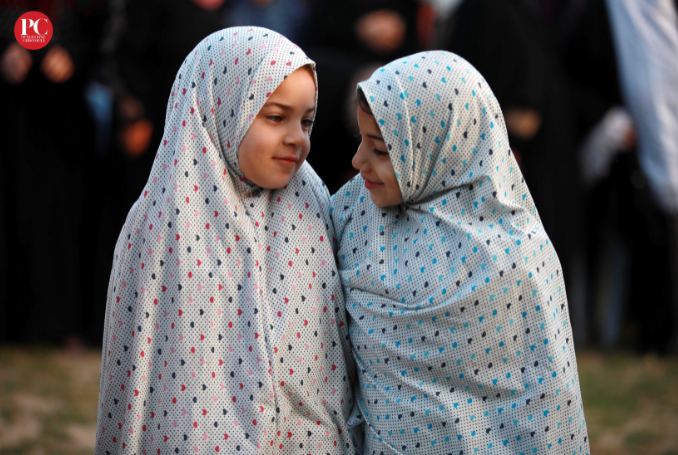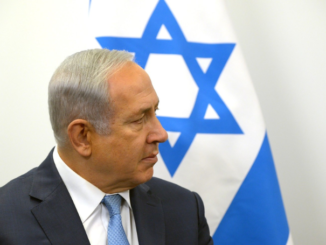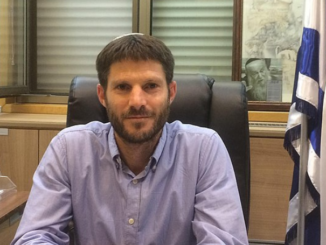
A powerful reflection on Eid in Gaza, highlighting the resilience of children amidst the ongoing suffering and the generosity of those trying to bring moments of joy in the midst of war.
Eid in Gaza often arrives stained with the blood of martyrs, the heartbreak of mothers mourning their children, and the deep grief etched into the hearts of its people. Since 2020, the blessings of Eid have rarely been fully embraced by Gazans.
In 2020, the coronavirus pandemic cast a shadow over celebrations, isolating families and dampening the festive spirit. The following years, 2021 and 2022, were marred by war, with destruction and loss overshadowing the holiday. A brief respite in 2023 allowed Gazans to experience Eid in relative peace.
However, 2024 and 2025 brought the most brutal genocidal war in Gaza’s history, annihilating any glimpse of happiness and leaving the city in ruins.
Just two weeks ago, before Israel renewed its genocidal war on Gaza and displaced thousands of civilians from their homes, the streets of Gaza told a different story.
Markets and shops bustled with activity. Mothers, children, and young girls filled the streets, eager to prepare for Eid despite the devastation that surrounded them.
They yearned for a moment of cheer, a chance to breathe freely, away from fear and horror. They hoped for a safe Eid after years of bloodshed, terror, and displacement.
Now, everything has disappeared. Yet one thing remains unchanged: the resilience of children and their eagerness to find joy, no matter the circumstances.
“I want to enjoy Eid,” declared 7-year-old Mariam Yousef with firm determination when I asked her how she felt about Eid arriving during war for the third time. “It’s my right. It’s my right to feel happy.”
Mariam returned to her home just a month ago after enduring nearly 15 months of displacement in the southern regions of Gaza. Her excitement is palpable as she looks forward to celebrating Eid this year in her own house—a place she had desperately longed to return to. For her, simply being home is a celebration in itself—a small but significant victory amidst the immense challenges Gaza continues to endure.
“The past two Eids, my family and I were displaced,” Mariam explained. “The first was spent in Nusairat, and the second in Khan Yunis.”
Her young face momentarily clouded with memories of those difficult days. “I didn’t have the chance to celebrate either of those Eids. We were living in constant fear, far away from our home, our family, and our relatives,” she continued. “We were stuck in tents. We couldn’t buy Eid clothes, and there were no chocolates or special snacks to share.”
Though far too young to fully grasp the enormity of everything happening around her, Mariam’s words carry the weight of a child who remembers everything vividly.
This year, however, Mariam is determined to embrace the spirit of Eid with her family. “I insisted that my mother buy everything—an Eid dress, shoes, accessories, and even sunglasses,” she said joyfully. “I want to visit my aunts with my father to celebrate Eid together, and I want to visit my grandparents’ house as well.”
Mariam is just one of many children in Gaza who long for a life of peace, free from fear and death. Despite experiencing the bitterness of displacement and personal loss—including the death of her uncle and her mother’s sister in an Israeli airstrike in Khan Younis in December 2023—she clings to her right to live and celebrate.
Growing Up Too Soon
I recently spent two days in the bustling Al-Saha market in the heart of Gaza City as part of a charity initiative, helping children buy Eid clothes. The market was as crowded as ever, with families navigating the narrow, war-ravaged streets. Parents were battling the crowd to bring some joy to their children, despite their overwhelming hardships.
However, one heartbreaking difference stood out this year—almost everyone at the market was there to redeem Eid coupons. The majority of families simply could not afford to buy Eid clothes on their own. For them, the coupons provided a lifeline—a small chance to add a spark of happiness to their children’s hearts.
As part of the charity work, I encountered countless stories of suffering that deeply moved me.
“Can we take four pieces instead of three?” a mother pleaded with the shop owner; her voice heavy with desperation and shyness. She had lost her home and everything inside it during an airstrike. One coupon—or even ten—could never compensate for her loss, but finding clothes for her children was a small step toward easing their struggle.
“My son has no clothes,” she explained, tears welling up in her eyes. “His entire wardrobe was destroyed. I need to buy everything for him—from A to Z.”
Another scene left an indelible mark on my heart.A young boy, no older than ten, stood quietly beside his mother as she used her charity coupon to purchase clothes. The mother was doing her best to make the coupon stretch, trying to buy everything her children needed. But as she reached the end of her funds, it became clear that the clothes she had picked wouldn’t be enough for all her kids.
Realizing this, the boy looked at his mother with a sadness far beyond his years and said softly, “It’s okay, Mama. Take my clothes off the list and get my sister’s instead. I don’t mind.”
His words hit me like a dagger to the heart. How could a child so young say something so selfless? How could he think in such a way, prioritizing his sister’s needs over his own? Children of his age shouldn’t be thinking about sacrifice or making such decisions.
This moment reflected the harsh reality of Gaza’s children. These are kids who have been forced to grow up too soon, children who have had their innocence stripped away by war. Instead of playing and dreaming about toys and adventures, they have learned to carry the burdens of responsibility and to worry about the well-being of others before themselves.
The war has broken them. It has stolen their laughter, their joy, and their carefree childhood. It has turned them into adults in tiny bodies, weighing them down with the grief of loss, the fear of the unknown, and the struggle for survival.
The children of Gaza no longer get to live as children. They have witnessed the deaths of loved ones, the destruction of their homes, and the horrors of displacement. They have learned to stand firm, with small shoulders carrying immense burdens.
(The Palestine Chronicle)

– Noor Alyacoubi is a Gaza-based writer. She studied English language and literature at al-Azhar university in Gaza City. She is part of the Gaza-based writers’ collective We Are Not Numbers. She contributed this article to The Palestine Chronicle.








Noor, peace be upon you, please may you stay safe. There is beauty and love in your heartbreaking article. Then I see your photo and I see where those qualities come from. I am informed and moved. I send all my protective energy to bring safety and liberation to you and all Palestine the best I am able.